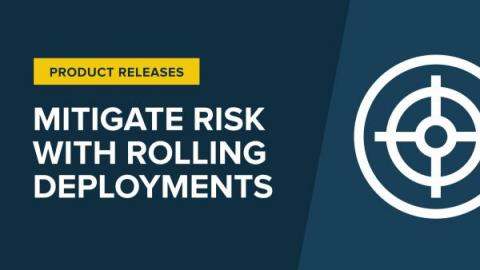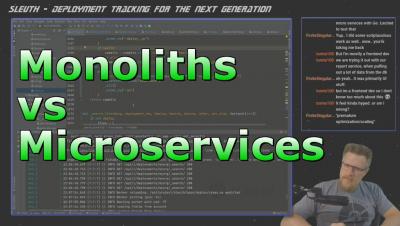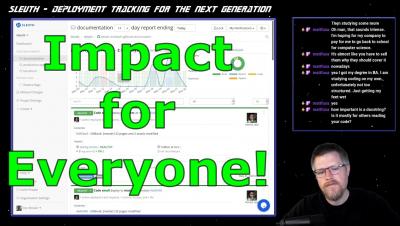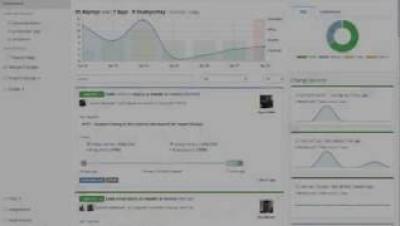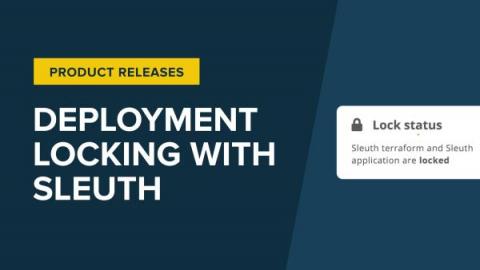Mitigate risk with rolling deployments
Deploying a new feature to production is a momentous occasion. It's important to ensure that everything goes properly at this stage, as deployments tend to be error-prone when not handled correctly. To examine why this is and how you can avoid it, let's take a look at the different types of deployments available and where some of them fall short.


